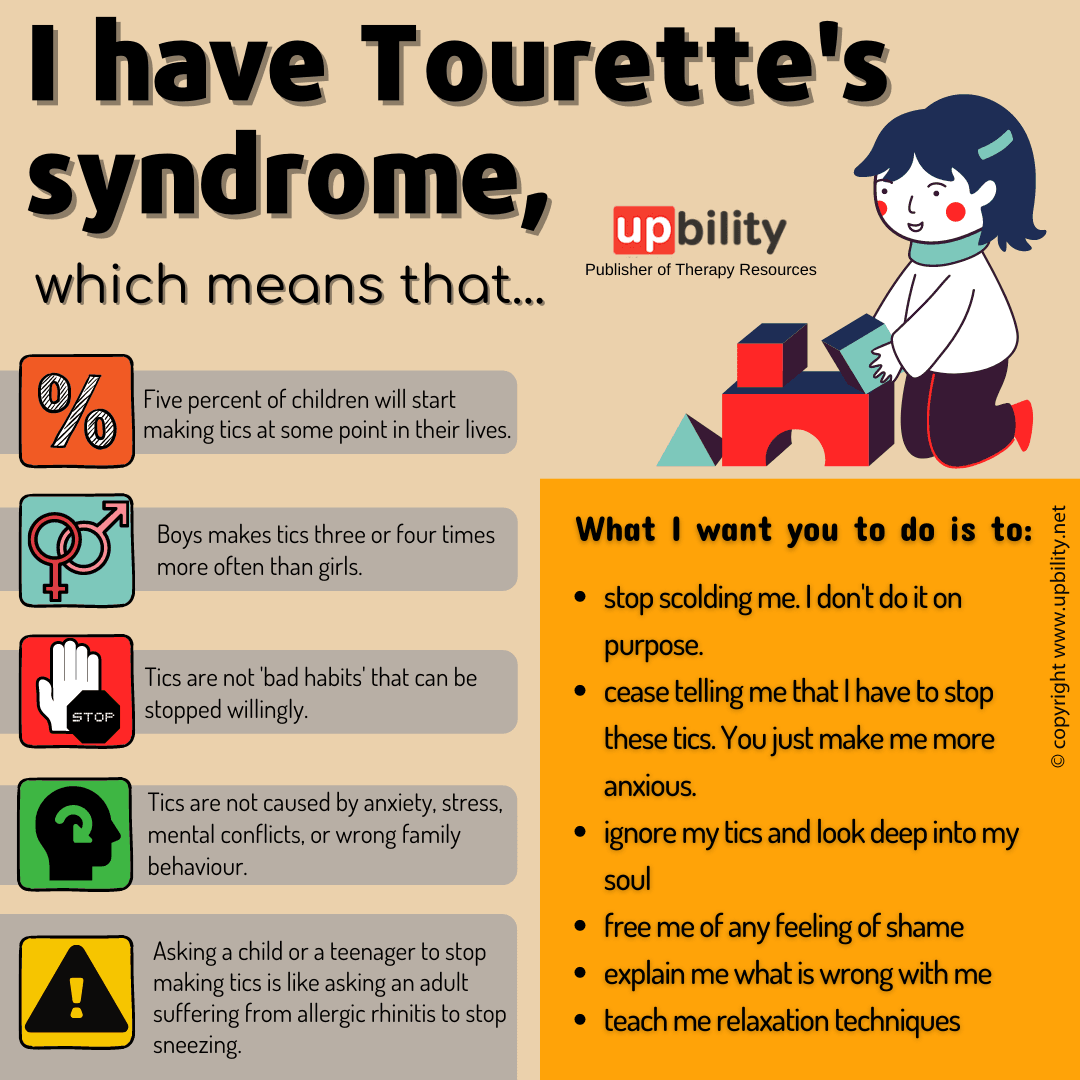Embark on a self-assessment journey with our comprehensive “Do I Have Tourette’s Syndrome Quiz.” This quiz delves into the intricacies of Tourette’s Syndrome, providing valuable insights into its symptoms, diagnostic criteria, and potential causes.
As you navigate through the quiz, you’ll gain a deeper understanding of the condition, empowering you to make informed decisions about seeking professional guidance if necessary. Join us as we explore the complexities of Tourette’s Syndrome and guide you towards a path of knowledge and empowerment.
Overview of Tourette’s Syndrome: Do I Have Tourette’s Syndrome Quiz
Tourette’s Syndrome (TS) is a neurodevelopmental disorder characterized by involuntary tics. Tics are sudden, repetitive movements or vocalizations that can range in severity from mild to severe. TS typically begins in childhood, and the symptoms can wax and wane over time.There
are two main types of tics associated with TS: motor tics and vocal tics. Motor tics involve involuntary movements of the body, such as eye blinking, head jerking, or shoulder shrugging. Vocal tics involve involuntary sounds or words, such as grunting, coughing, or repeating words or phrases.
Diagnostic Criteria

According to the Diagnostic and Statistical Manual of Mental Disorders, Fifth Edition (DSM-5), the diagnostic criteria for TS include:
- Multiple motor and one or more vocal tics present for more than a year
- The tics are not caused by another medical condition or substance use
- The onset of the tics occurs before the age of 18
A healthcare professional, such as a psychiatrist or neurologist, can diagnose TS based on a comprehensive evaluation that includes a physical examination, a review of the individual’s history, and an assessment of the tics.
Causes and Risk Factors

The exact cause of TS is unknown, but it is believed to be caused by a combination of genetic and environmental factors. Genetic studies have identified several genes that are associated with TS, but these genes account for only a small portion of cases.
Environmental factors, such as prenatal exposure to certain toxins or infections, may also play a role in the development of TS.Risk factors for TS include:
- Family history of TS
- Male sex
- Certain prenatal exposures, such as smoking or alcohol use during pregnancy
Management and Treatment
There is no cure for TS, but there are a variety of treatments that can help to manage the symptoms. These treatments include:
Medication
Medications such as clonidine and guanfacine can help to reduce the frequency and severity of tics.
Therapy
Behavioral therapy, such as habit reversal training, can help individuals to learn how to suppress or redirect their tics.
Lifestyle changes
Lifestyle changes, such as getting enough sleep, eating a healthy diet, and exercising regularly, can help to improve overall health and well-being, which may in turn reduce the severity of tics.The effectiveness and potential side effects of each treatment approach vary from individual to individual.
It is important to work with a healthcare professional to determine the best treatment plan for each person.
Differential Diagnosis
TS can be differentiated from other conditions with similar symptoms by its characteristic pattern of tics. Other conditions that can cause involuntary movements or vocalizations include:
- Tics associated with other neurodevelopmental disorders, such as autism spectrum disorder or attention deficit hyperactivity disorder (ADHD)
- Tardive dyskinesia, a movement disorder that can develop as a side effect of certain medications
- Dystonia, a movement disorder that causes involuntary muscle contractions
- Stereotypies, repetitive movements or vocalizations that are not associated with a known medical condition
A healthcare professional can perform a thorough evaluation to rule out other conditions and make a definitive diagnosis of TS.
Quality of Life and Support

TS can have a significant impact on an individual’s quality of life. The tics can be embarrassing or disruptive, and they can interfere with social, academic, and occupational functioning. Individuals with TS may also experience anxiety, depression, or other mental health conditions.There
are a number of support groups, resources, and advocacy organizations available for individuals with TS and their families. These organizations can provide information, support, and resources to help individuals with TS manage their symptoms and live full and productive lives.
FAQ Section
What are the common symptoms of Tourette’s Syndrome?
Tourette’s Syndrome is characterized by involuntary tics, which can be either motor or vocal. Motor tics may include repetitive movements such as blinking, shrugging, or head jerking, while vocal tics can range from simple sounds like throat clearing to more complex utterances like echolalia (repeating others’ words) or coprolalia (involuntary use of obscene language).
How is Tourette’s Syndrome diagnosed?
Diagnosis of Tourette’s Syndrome typically involves a comprehensive evaluation by a healthcare professional, such as a neurologist or psychiatrist. The evaluation may include a physical examination, a review of medical history, and an assessment of symptoms. The diagnostic criteria Artikeld in the Diagnostic and Statistical Manual of Mental Disorders, Fifth Edition (DSM-5) are used to guide the diagnosis.
What causes Tourette’s Syndrome?
The exact cause of Tourette’s Syndrome is not fully understood, but it is believed to be a complex condition with both genetic and environmental factors playing a role. Research suggests that certain genetic variations may increase the risk of developing the condition, and environmental factors such as prenatal exposure to certain toxins or infections may also contribute.